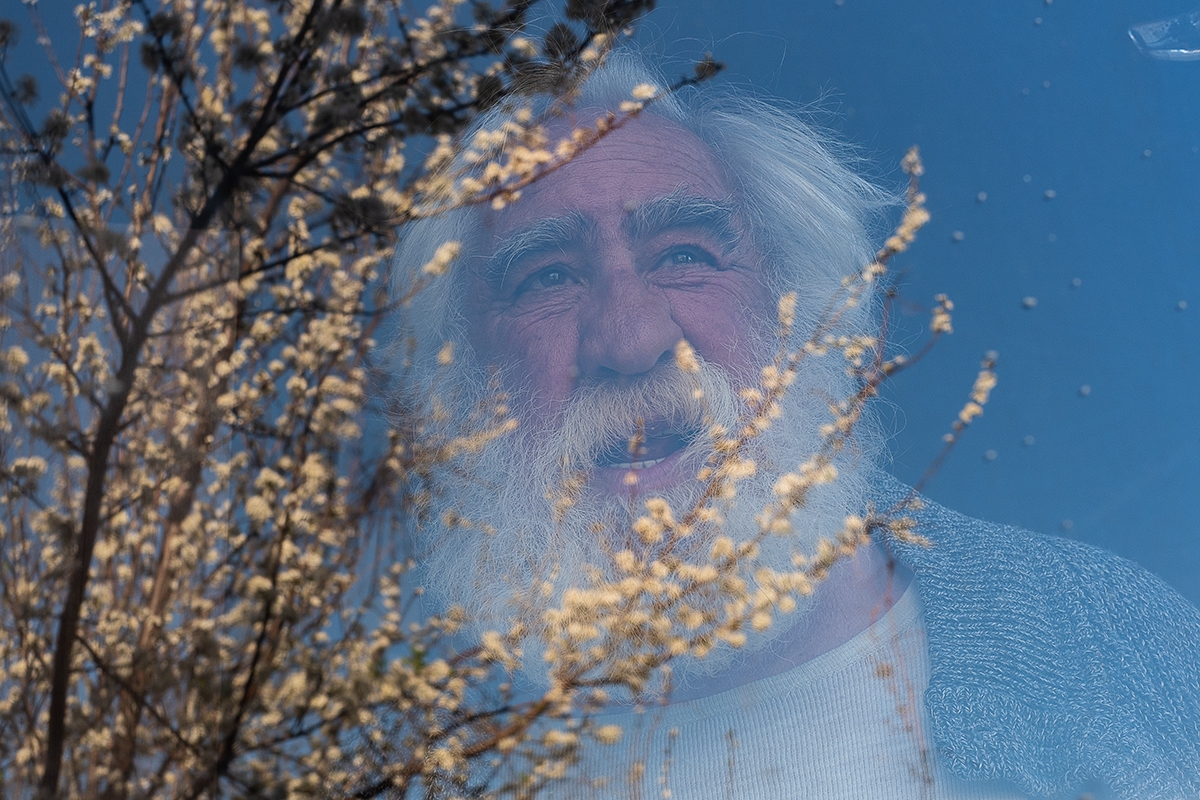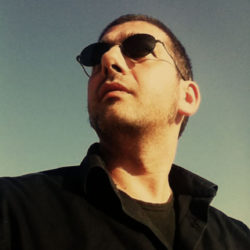
Giampiero Marcocci

Interview with the winner of Gold in Portfolio/Personal, MIFA 2021, Giampiero Marcocci.
Giampiero Marcocci investigates, through the photographic medium, two mirror-like and opposite fields of research: one documentary-social, the other fantastic-surreal. The ability to range and master different registers makes him a singular photographer who moves in an amphibious and eclectic environment. All this makes his work particularly interesting, which reflects contemporary reality always poised between real and virtual, describing it without filters or imagining visionary worlds, resulting from the contamination of languages.
Marcocci uses a double look, or a double perspective, which allows us to travel along parallel roads to show us the complex and ambiguous boundaries of vision.
Q: Can you tell us a bit about your background?
After earning my high school diploma as an Industrial Technician, I attended two years of study at the Higher Institute of Photography in Rome. After that, I started working as a photojournalist in a local newspaper where I gained experience as a reporter and as a street photographer. I then decided to open a professional studio, still owned, that allowed me to deal with commercial photography, studio portrait, corporate reportage, ceremony photography. Moreover, I carry out medium and long-term social photography projects, that usually become publications, exhibitions and participation in competitions.
Q: Do you remember the first time you held a camera?
I remember that on a particularly boring day when I was young and living at my parents’ house, opening a drawer I found an old family camera, a Praktica, that I jealously still keep, with which I took my first photographs: that moment was the one I started loving and getting passionate about photos and the art of the image.
Q: Tell us a bit more about your winning project and what inspired you to do it?
My winning project is about Giancarlo. He is a man I know for many years and with whom I have a common passion for art. He is unique, a sensitive, reserved and kind person. Despite his pathology, he is a man that makes you feel free, because he is a free person. In the last three years I started to meet him more frequently by visiting him at home, where his creative laboratory is located. I thought it might be important to document his life as an artist and a man, and so I asked for his permission. He was delighted about the idea, and that’s why I started this project, on which I worked for almost two and a half years.
Q: What type of photos do you like to take in your free time?
I love photography, which I consider at the level of a physical need; almost daily I take the camera and feel it as an extension of my being. It is the tool that allows me to express myself and connect with others.
Q: What genre of photography is new to you that you would like to explore?
I practice all kinds of photography and, in the last period, I started to be passionate also about the video image, which I always try to combine with my photographic projects.
Q: Besides a camera, what do you think are the three most important tools of a photographer?
The camera is a simple electronic, or mechanical if you want, tool, but what matters the most
for a photographer is the passion, the heart and the desire to be always amazed by every
situation.
Q: How do you know when a body of work is completed?
In a photographic project, after identifying the idea, there is the need to plan what to do. We need to deep dive the subject with researches, readings, watching films etc … and only after that, we can move on to the second phase: the production of images. This step will end on its own, will happen naturally and you realize it after having done the editing of your work: the project will be complete and exhaustive, describing everything you set and planned. And it will certainly happen naturally.
Q: If it could be anything at all, what would your photography dream project be?
In this period I am working on some new projects, having also others in mind not yet started, and I am sure that as I gradually complete these, other ideas and other arguments will come out to be explored photographically, as always happened.
Q: If you could take one last photo in your life, what would it be?
I can’t think of the last photo, on the opposite I’m always thinking that the last shot I took is definitely the first of a long series.
Q: Who/what is your biggest source of inspiration?
There is not a single source of inspiration. Surely the great photographers of the Magnum agency are a big part of it, but also cinema, literature and even simple daily life are great sources of inspiration.
Q: What advice would you give to aspiring photographers?
Here we could talk for hours, not so much about advice, but about what photography is and represents, with all the nuances that such art has around it. However, I believe one thing is the most important for those whom are aiming to start as a photographer: what counts in photography, as in any creative act, is to always listen to the vibration of the heart, to be sure that it comes out at every single shot that is taken.